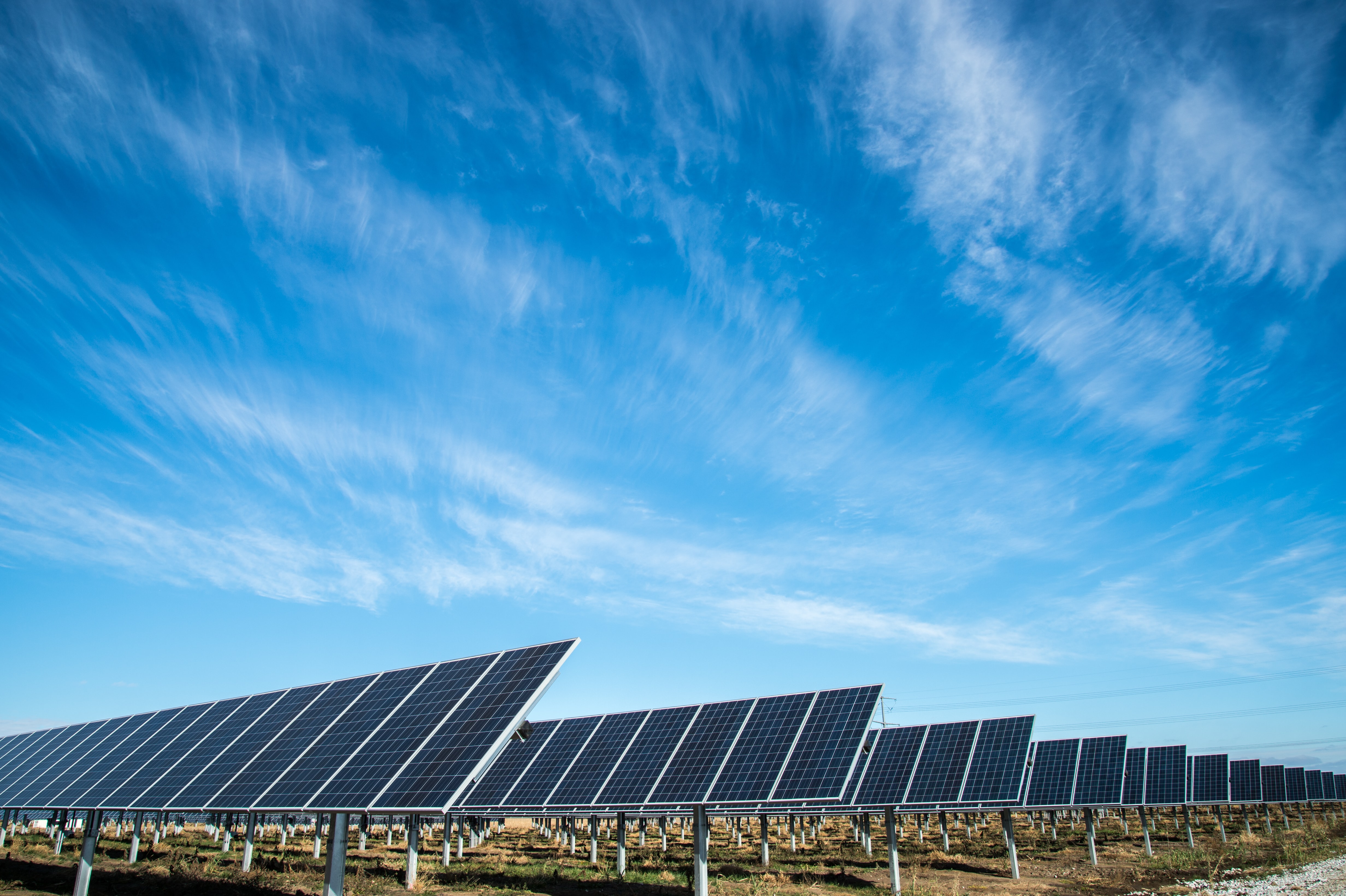So there were many ways, this Moderate believes, that Harris could have campaigned more effectively on several key issues.

The Time to Speak Up Was Yesterday – The Time to Act Is Now
Ten years ago, I was advised to avoid talking about energy and climate change. I had been hired to lead a new nonprofit created to represent consumer interests in smart grid deployments. “Climate change is too controversial,” I was warned. “The industry isn’t ready.”
Instead, I was urged to focus on other compelling benefits of smart energy and grid modernization.
I heeded the advice – until recent years, when the scientific community agreed climate change cannot be solved without a smart-energy transformation.
My organization, the Smart Energy Consumer Collaborative (SECC), informs consumers about energy technology and represents their interests. We compiled the largest longitudinal study on consumers and smart energy in North America.
We learned consumers in nearly every demographic support technology’s benefits, once aware of them. They recognize smart energy’s potential for saving money and reducing power outages, benefits realized by companies throughout North America.
After installing smart meters, BC Hydro in Canada created a mobile phone app, used by one million customers – and saved many $150 per year. During the frigid Polar Vortex in 2019, ComEd, largest utility in Illinois, experienced 45 percent fewer outages and avoided 280,000 power interruptions – thanks to its smart grid.
While smart energy is essential to meeting climate change goals, it also satisfies consumer demands. In our 24/7 era, consumers compare their utilities’ service to that of online sites like Amazon. As an SECC consumer stated, “The best customer service I receive anywhere is the customer service I expect everywhere.”
One benefit consumers could gain after grid modernization is the ability to monitor their energy usage online all month, instead of seeing it at month’s end only. Consumers can set an electricity bill target and receive alerts if consumption is too high for that target. In some jurisdictions, consumers receive alerts when power resumes after outages.
Consumers can also enroll in programs addressing their unique needs and values. Those interested in saving money can participate in programs offering incentives for saving electricity.
Consumers who value technology, such as smart thermostats, rooftop solar, electric vehicles and home-energy management systems, can connect them to their energy data.
Those passionate about conservation and clean energy can participate in programs improving energy efficiency, reducing waste and greenhouse gas emissions.
The environmental benefits of upgrading the electric grid are substantial:
- Smart grid technologies, like smart meters, provide consumers detailed information on energy usage. Studies show when people have that data, they reduce energy use by five to 15 percent.
- Smart energy accommodates widespread renewable energy usage, such as wind and solar. These sources are impossible to manage at scale without automation enabled by smart grids.
- By 2022, more than 100 new electric vehicle models will be available. Smart-charging them with renewable energy could drastically reduce C02 emissions.
Renewables are already inexpensive enough to compete with fossil fuels like coal and natural gas, assuring their vital role in our energy resources. The traditional grid, built in the late 1800s, cannot distribute the amount of renewable energy needed to address climate change.
Clearly, we must immediately start focusing on smart energy and grid modernization to confront climate change. Using metal straws, shunning plastic bags, and “reducing, reusing and recycling” are helpful; but smart energy combats climate change much faster, at a much larger scale. Let’s employ ALL these weapons to win this war.
The Modern Moderate is proud to welcome Patty Durand as a Guest Blogger.
Patty Durand is President & CEO of the Smart Energy Consumer Collaborative (SECC), a nonprofit whose mission is to understand consumers’ views about energy technology and grid modernization. She previously worked for the Georgia Institute of Technology, assisting in smart grid research, and served as Director of the Sierra Club’s Georgia Chapter. She has an MBA from the College of William & Mary and has extensive volunteer experience related to energy and environmental issues. Patty and husband Dave enjoy their historic neighborhood in Atlanta, live music, hiking, and biking.
Community Guidelines
The Modern Moderate welcomes readers’ ideas and discussions of issues. We do insist, in Moderate fashion, that comments should be as respectful and informed as possible, to keep our site constructive for our readers. Therefore, posts deemed hostile, obscene, untrue, or misleading will be deleted, and authors of those comments may be blocked from posting comments in the future. Thank you for your cooperation.




Thanks! I’m Henley.
I’m an academic writer and I am so passionate about this as a professional.
I’m a writer who loves the smiles this brings to people’s faces.
My name is Kyran. This is like the air we breathe, something I cherish.
Inspiring quest there. Thanks!